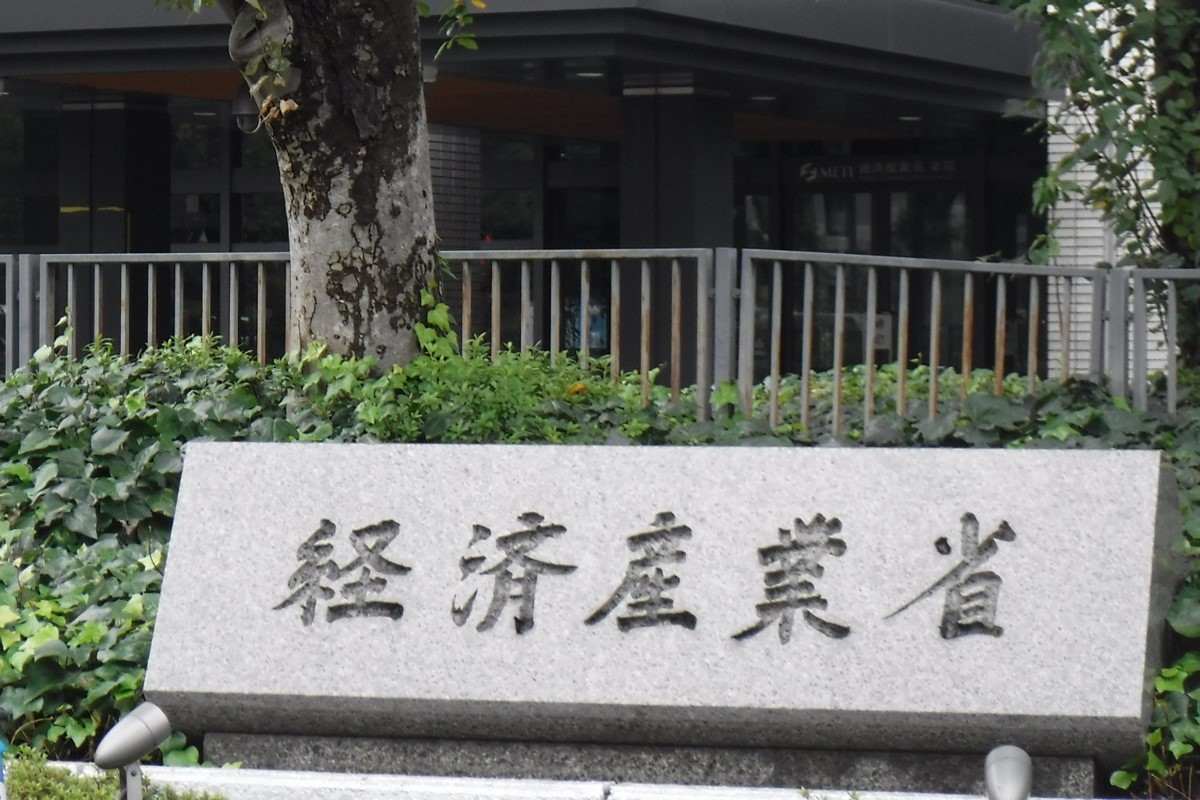Japan to Restrict Exports of Civilian Goods Sought by Militaries; Risk Assessment Could Be Mandatory for Sensors, Motors

The Economy, Trade and Industry Ministry building in Chiyoda Ward, Tokyo.
6:00 JST, April 25, 2024
The government is preparing to tighten regulations on the export of civilian products at high risk of being diverted to military use. The main proposal under consideration would require exporters to examine whether commercial devices and parts that do not use military technology could be used by militaries, according to government sources.
The government aims to revise the relevant ordinance by the end of the year, in light of countries like Russia, which continues its aggression in Ukraine, diverting more civilian goods to military use.
The government plans to expedite the drafting of concrete measures, while the Industrial Structure Council, an advisory body to the economy, trade and industry minister, was to release a report backing tighter export controls.
The government is currently enforcing two types of regulations under the Foreign Exchange and Foreign Trade Law. One is a “list control,” which restricts exports of listed goods — mainly sensitive machinery at high risk of being used for weapons of mass destruction. The other is a “catch-all control,” which regulates exports of a wide range of civilian goods not on the export-control list but that can be used for weapons of mass destruction or conventional weapons.
The government intends to strengthen the catch-all control for conventional weapons. Russia is believed to be adapting many civilian goods, such as drones and satellite communication devices, to military use. These products are said to be having a significant impact on the war, leading the government to believe urgent action is needed.
A key role in these controls is filled by export licenses. Currently, export licenses are only required when a request is issued by the economy, trade and industry minister due to a risk of military use, leaving risk assessment for other products up to the exporting company.
The government is considering making assessments mandatory for technologies such as 3D printers that are commonly sold on the market and could be used by militaries. It is also considering having companies that learn their technology could be used to make conventional weapons apply for export licenses.
However, since this will have a significant impact on business, the government intends to limit the items to be assessed to those of high security concern, such as sensors and motors. The government intends to reduce the burden on companies by issuing criteria for judging whether products are at high risk of being diverted for military use.
Top Articles in Politics
-

Japan PM Takaichi’s Cabinet Resigns en Masse
-

Sanae Takaichi Elected Prime Minister of Japan; Keeps All Cabinet Appointees from Previous Term
-

Japan’s Govt to Submit Road Map for Growth Strategy in March, PM Takaichi to Announce in Upcoming Policy Speech
-

LDP Wins Historic Landslide Victory
-

LDP Wins Landslide Victory, Secures Single-party Majority; Ruling Coalition with JIP Poised to Secure Over 300 seats (UPDATE 1)
JN ACCESS RANKING
-

Producer Behind Pop Group XG Arrested for Cocaine Possession
-

Japan PM Takaichi’s Cabinet Resigns en Masse
-

Man Infected with Measles Reportedly Dined at Restaurant in Tokyo Station
-

Israeli Ambassador to Japan Speaks about Japan’s Role in the Reconstruction of Gaza
-

Videos Plagiarized, Reposted with False Subtitles Claiming ‘Ryukyu Belongs to China’; Anti-China False Information Also Posted in Japan

























